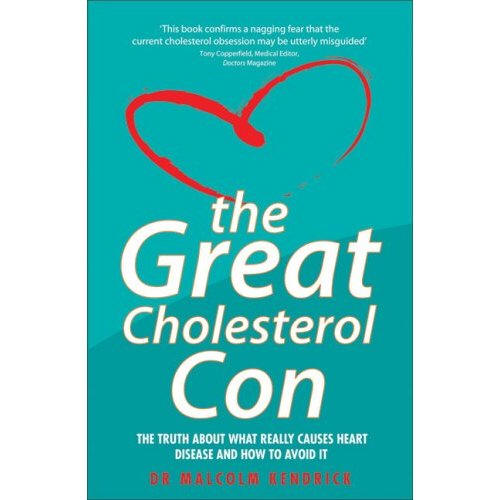
Health Impact News Editor Comments
A study published in 2014 in the international journal Drug Safety found a positive association between regular statin drug use and Bell’s palsy, a neurologic disorder.
From the study’s abstract:
Several reports mention that statin (HMG-CoA reductase inhibitor) use seems to be associated with several neurologic disorders and that the lipid-lowering effect of statins may contribute to some neural toxicity. This study aimed to evaluate the association between statin use and Bell’s palsy using a population-based health insurance database. This case-control study identified 1,977 subjects with Bell’s palsy as cases and 5,931 sex- and age-matched subjects without Bell’s palsy as controls from the Taiwan Longitudinal Health Insurance Database 2000. By Chi-square test, there was a significant difference in the prevalence of statin use between cases and controls. Our present data suggest a potential association between regular statin use and Bell’s palsy. (Full Abstract)
This study confirms what Dr. Stephanie Seneff published back in 2009, showing how statin drugs used to lower cholesterol could be a main cause of Alzheimer’s and other neurological diseases in old age. (See: The Clue to Why Low Fat Diet and Statins may Cause Alzheimer’s)
It is reported that one out of every four Americans over the age of 55 is currently taking prescription statin drugs to lower their cholesterol. The most popular prescription drug of all time was Pfizer’s Lipitor, which during its patent run earned more than $130 billion, the biggest selling blockbuster drug in the history of mankind.
After Lipitor’s patent expired at the end of 2011, the FDA issued its first warnings against statin drugs, which include: liver injury, memory loss, diabetes, and muscle damage. But Lipitor had been on the market since 1996 already, and Lipitor benefited from the change in marketing laws in 1997 that allowed pharmaceutical companies in the U.S. to advertise their products directly to consumers. The FDA did not issue its warnings regarding the drug’s side effects until early 2012, just a month after Pfizer’s patent had expired.
So far this year, there are have been over 1,000 lawsuits filed against Pfizer and other statin drug manufacturers just since April, due to studies showing that the drug increased the risk of diabetes in women. The number of women represented in these lawsuits is over 4,000, and is expected to swell to over 10,000.
As new research continues to be published regarding the dangers of cholesterol-lowering drugs, and as drug companies now race to get the FDA to fast-track the approval of the next line of cholesterol-lowering drugs that they can patent, what will be the result of Americans’ health? Will doctors continue to prescribe them? Will YOU continue to take them?
More on the Cholesterol Myth
More on the Statin Scam
Free Shipping Available!
Fat and Cholesterol are Good for You!
What REALLY Causes Heart Disease
by Uffe Ravnskov, MD, PhD





 HHS Secretary Kennedy Breaks His Promise: "War on Saturated Fat" Kept in Tact with New U.S. Dietary Guidelines
HHS Secretary Kennedy Breaks His Promise: "War on Saturated Fat" Kept in Tact with New U.S. Dietary Guidelines Research Continues to Show Virgin Coconut Oil's Effectiveness in Treating Cancer
Research Continues to Show Virgin Coconut Oil's Effectiveness in Treating Cancer Coconut Oil Continues to Benefit Alzheimer's Patients over Drugs as Studies Continue for Neurological Benefits
Coconut Oil Continues to Benefit Alzheimer's Patients over Drugs as Studies Continue for Neurological Benefits How the Simple High-Fat Low-Carb Ketogenic Diet Continues to Change People's Lives
How the Simple High-Fat Low-Carb Ketogenic Diet Continues to Change People's Lives New Studies Continue to Show that Coconut Oil is the Best Oil for Treating Skin Conditions and Maintaining Healthy Skin and Teeth
New Studies Continue to Show that Coconut Oil is the Best Oil for Treating Skin Conditions and Maintaining Healthy Skin and Teeth